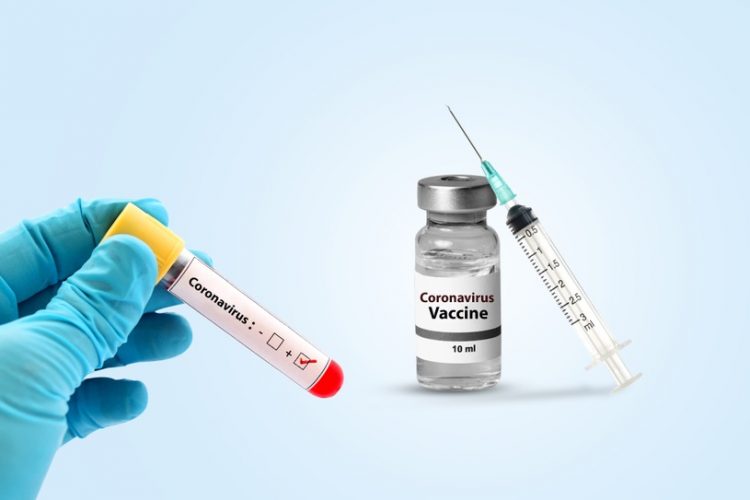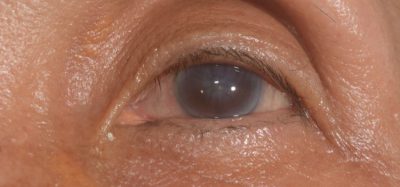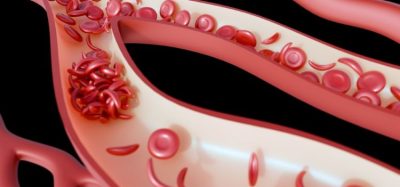COVID-19 vaccine safely induces immune response in Chinese trial
Posted: 21 July 2020 | Hannah Balfour (European Pharmaceutical Review) | No comments yet
Investigators report CanSino Biologics’ Ad5-nCoV vaccine induced antibody production with mild to moderate side effects in patients.


CanSino Biologics’ adenovirus type-5 (Ad5) vectored COVID-19 (Ad5-nCoV) vaccine candidate induced an immune response in a Phase II trial in China. The vaccine was safe according to the trial data.
The randomised trial sought to evaluate the safety and immunogenicity of the vaccine candidate; however, since no participants were exposed to SARS-CoV-2 following vaccination, its protective potential has yet to be established.
The data is from a wider group of participants than the previously published Phase I study. It includes results from a small sub-group of participants aged over 55 years and older.
Currently, there are about 250 candidate vaccines against SARS-CoV-2 in development worldwide, including mRNA vaccines, replicating or non-replicating viral vectored vaccines, DNA vaccines, autologous dendritic cell-based vaccine and inactive virus vaccines. At least 17 of them are currently under evaluation in clinical trials.
The vaccine in this trial uses a weakened adenovirus, which infects human cells readily but is incapable of causing disease, to deliver the genetic material that codes for the SARS-CoV-2 spike protein to cells. These cells then produce the spike protein and travel to the lymph nodes where the immune system creates antibodies that will recognise that spike protein and fight off the coronavirus.
The randomised Phase II trial included 508 participants. Of these, 253 received a high dose of the vaccine (at 1×1011 viral particles/1.0mL), 129 received a low dose (at 5×1010 viral particles/1.0mL) and 126 received placebo. Approximately two thirds of participants (61 percent) were aged in 18-44 years, 26 percent were aged 45-54 years, and 13 percent were 55 years or older.
Participants were monitored for immediate adverse reactions for 30 minutes after injection and were followed for any injection-site or systemic adverse reactions within 14- and 28-days post-vaccination. Serious adverse events reported by participants during the whole study period were documented. Blood samples were taken from participants immediately before the vaccination and 14- and 28-days post-vaccination to measure antibody responses.
The trial found that 95 percent of participants in the high dose group and 91 percent of the recipients in the low dose group showed either T cell or antibody immune responses at day 28 post-vaccination.
The vaccine induced a neutralising antibody response in 59 percent and 47 percent of participants, and binding antibody response in 96 percent and 97 percent of participants, in the high and low dose groups, respectively, by day 28. The participants in the placebo group showed no antibody increase from baseline.
T cell responses were also found in 90 percent and 88 percent of participants receiving the vaccine at high and low dose, respectively.
Most adverse reactions were mild or moderate and included fever, fatigue and injection-site pain. These were significantly higher in the vaccine recipients.
The authors note that pre-existing immunity to the human adenovirus which was used as the vector for this vaccine and increasing age could partially hamper the immune responses to vaccination, particularly for the antibody responses. Among the 508 participants, 266 participants showed a high pre-existing immunity to Ad5 vector, while 242 had low pre-existing immunity to Ad5 vector. Those with a higher pre-existing anti-Ad5 immunity showed an inferior immune response. Compared with the younger population, older participants generally had significantly lower immune responses and higher tolerability to the Ad5 vectored COVID-19 vaccine.
Professor Wei Chen, Beijing Institute of Biotechnology, China, said: “Since elderly individuals face a high risk of serious illness and even death associated with COVID-19 infection, they are an important target population for a COVID-19 vaccine. It is possible that an additional dose may be needed in order to induce a stronger immune response in the elderly population, but further research is underway to evaluate this.”
The study was published in The Lancet.









